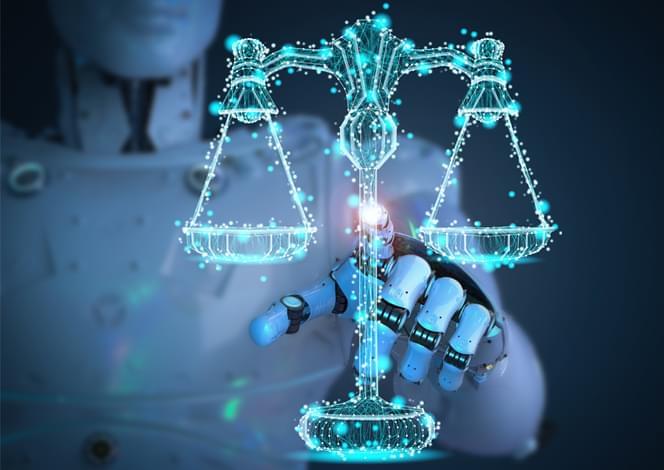They say that actors ought to fully immerse themselves into their roles. Uta Hagen, acclaimed Tony Award-winning actress and a legendary acting teacher said this: “It’s not about losing yourself in the role, it’s about finding yourself in the role.”
In today’s column, I’m going to take you on a journey of looking at how the latest in Artificial Intelligence (AI) can be used for role-playing. This is not merely play-acting. Instead, people are opting to use a type of AI known as Generative AI including the social media headline-sparking AI app ChatGPT as a means of seeking self-growth via role-playing.
You might be wondering why I didn’t showcase a more alarming example of generative AI role-playing. I could do so, and you can readily find such examples online. For example, there are fantasy-style role-playing games that have the AI portray a magical character with amazing capabilities, all of which occur in written fluency on par with a human player. The AI in its role might for example try to (in the role-playing scenario) expunge the human player or might berate the human during the role-playing game.
My aim here was to illuminate the notion that role-playing doesn’t have to necessarily be the kind that clobbers someone over the head and announces itself to the world at large. There are subtle versions of role-playing that generative AI can undertake. Overall, whether the generative AI is full-on role-playing or performing in a restricted mode, the question still stands as to what kind of mental health impacts might this functionality portend. There are the good, the bad, and the ugly associated with generative AI and role-playing games.
On a societal basis, we ought to be deciding what makes the most sense. Otherwise, the choices are left in the hands of those that perchance are programming and devising generative AI. It takes a village to make sure that AI is going to be derived and fielded in an AI Ethically sound manner, and likewise going to abide by pertinent AI laws if so established.








